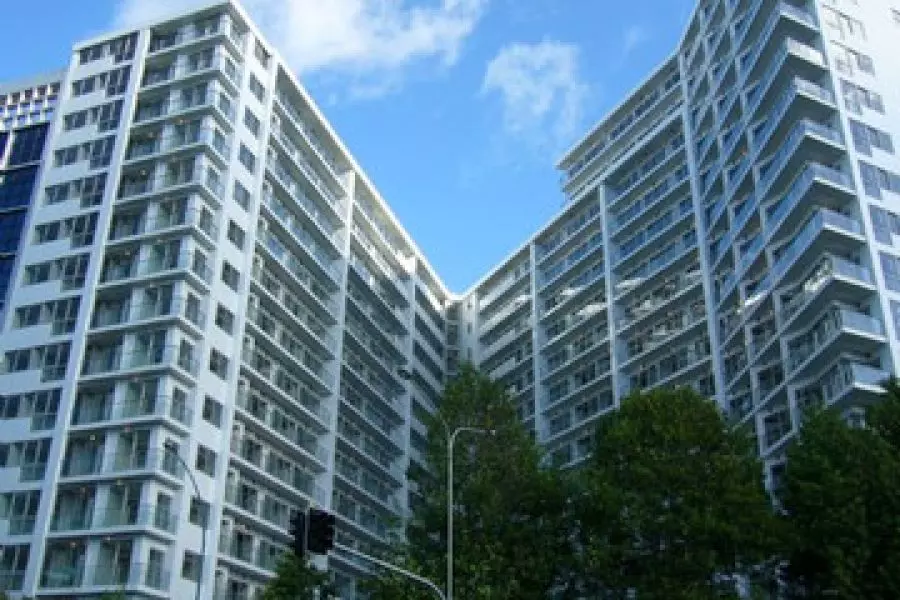News
What lies ahead for investors

Wednesday 21st of October 2020
Labour won 49.1% of the vote, which equates to 64 seats in Parliament and gives the party the first ever outright majority under MMP.
That means Labour does not need a coalition partner to govern. Although Labour is in ongoing talks with the Green Party, this means the Greens are likely to have less power than last term.
While, at this stage, no major economic policy changes are...
Want to read the full article?
Click the button below to subscribe and will have unlimited access to full article and all other articles on the site.






![[The Wrap] Bye Bye Bayly](https://goodreturns.publit.io/file/c_fill,w_900,h_600/39f23ac1-f7c7-4854-b700-a150004ebbac.webp)


